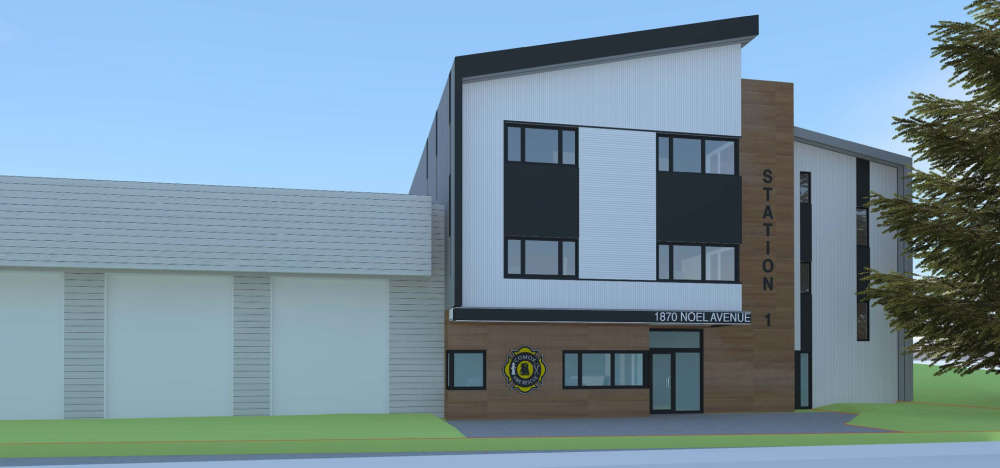
The BC government says it has completed a preliminary assessment of potential impacts to the B.C. economy of a trade war with the United States.
Donald Trump has threatened tariffs of 25 percent on all Canadian imports, possibly as soon as he is sworn in for his second term as President next week.
The Province says B.C. could see a cumulative loss of $69 billion in economic activity between 2025 and 2028.
The Province’s real GDP is projected to potentially decline by 0.6% year over year in both 2025 and 2026.
Job losses are estimated at 124,000 by 2028 with the largest declines in natural-resource sector export industries and associated manufacturing.
Losses would also be felt in the transportation and retail sectors.
The assessment shows the unemployment rate could increase to 6.7% in this year and 7.1% in 2026, and corporate profits could see an annual decline in the range of $3.6 billion to $6.1 billion.
As well, tariffs imposed by the United States, along with potential retaliatory measures, could impact many of the Province’s key revenue streams, such as personal and corporate income taxes. Preliminary analysis indicates this could reduce annual revenues by between $1.6 billion and $2.5 billion.
The preliminary assessment, done by the Ministry of Finance, is one of many possibilities as there is considerable uncertainty about the exact nature, magnitude and timing of United States policies that may be implemented.
The Government says to respond to these tariffs, B.C. will participate in nationally coordinated retaliation if and when required.
Premier David Eby has met with several state governors and impressed upon them the devastating impacts tariffs would bring on both sides of the border.
He and other premiers will travel to Washington, D.C., next month to continue to make the case for Canadians.
To learn more, visit Government of British Columbia.


 Comox Valley Launches Mobile Integrated Crisis Response Unit
Comox Valley Launches Mobile Integrated Crisis Response Unit
 Higher Flows Along Puntledge River
Higher Flows Along Puntledge River
 Expect Delays As Traffic Light Improvements Come To Intersections On Highway 19A
Expect Delays As Traffic Light Improvements Come To Intersections On Highway 19A
 PPCLI Association Mid Island Branch Donates $500 to Support Addiction Recovery in the Comox Valley
PPCLI Association Mid Island Branch Donates $500 to Support Addiction Recovery in the Comox Valley
 Town Of Comox Moves Ahead With Fire Hall Replacement Project
Town Of Comox Moves Ahead With Fire Hall Replacement Project
